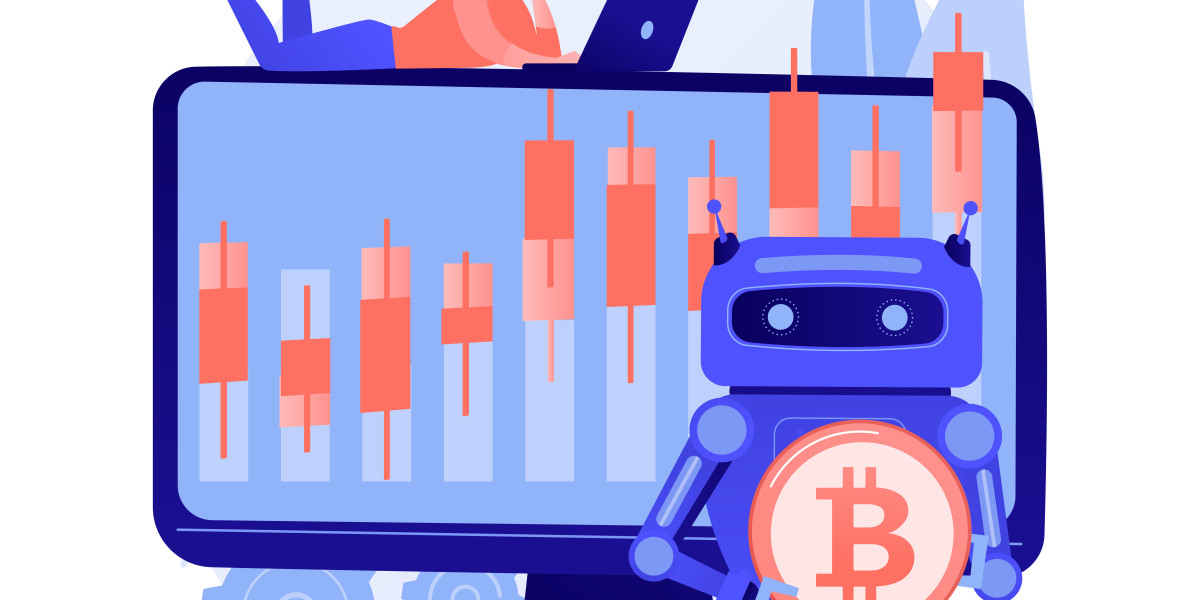In recent years, artificial intelligence (AI) has changed the way humans communicate across languages. From fast machine translations to AI-powered subtitling, technology has made it easier than ever to transcend linguistic divides. Despite these advancements, human Christian translation remains vital, particularly in the field of ministry.
The Limitations of AI in Translating Faith
AI translation software excels at digesting vast amounts of text quickly. They can transform simple words or technical materials fairly accurately. However, AI frequently fails to portray the depth, richness, and cultural context of Scripture or Christian literature. Words with numerous meanings, colloquial expressions, and religious concepts necessitate human discretion, which machines cannot match.
For example, the way a biblical passage is interpreted can vary greatly depending on cultural background, local traditions, and linguistic subtleties. A machine could precisely translate the words but miss the spiritual intent, resulting in confusion or misinterpretation. Trained translators in the Christian translation ministry play an important role here.
Preserving Accuracy and Context
Human translators provide more than linguistic skills, they bring comprehension, sensitivity, and cultural knowledge. They ensure that translations retain the theological purity and emotional impact of the original text. This is especially vital in evangelism and discipleship, where clear communication and trust are required.
Human translators ensure that every message remains true to its original meaning while also resonating with the intended audience by combining linguistic expertise with Scripture knowledge. This amount of contextual awareness is still beyond AI's capabilities.
Building Trust in Ministry Materials
Trust is essential in every ministry. Translated Christian information is relied on for accuracy in teaching, worship, and personal growth. A poorly translated passage may inadvertently mislead or cause doubt. Human translators mitigate these hazards by ensuring that every Scripture verse, devotional, or instructional material conveys the intended message clearly and respectfully.
Complementing, Not Replacing, AI
It's crucial to remember that AI translation tools are not ineffective; in fact, they work very well for research, draft translations, and early correspondence. But human monitoring is crucial in matters of faith. While many ministries employ AI as a starting point, professional translators are always involved to proofread, edit, and complete the material. This hybrid strategy maintains accuracy while optimizing efficiency.
Conclusion
Even as AI develops further, human Christian translation is still vital. Nothing can take the place of a qualified human translator's discernment, cultural understanding, and spiritual sensitivity in the intricate and nuanced world of ministry. Encouraging a Christian translation ministry guarantees that the gospel is faithfully and successfully shared with people everywhere.








